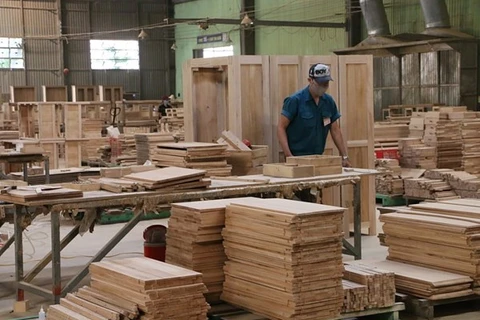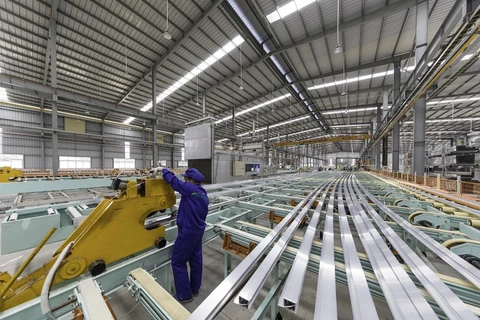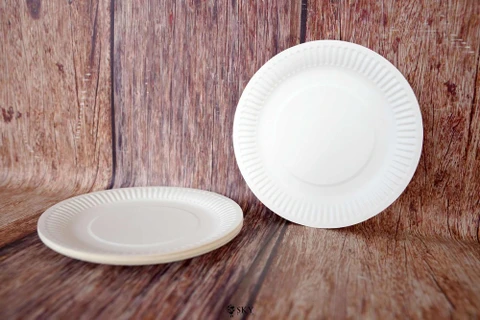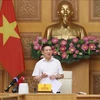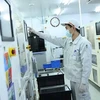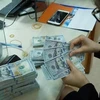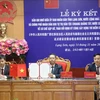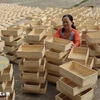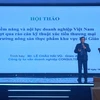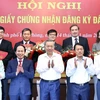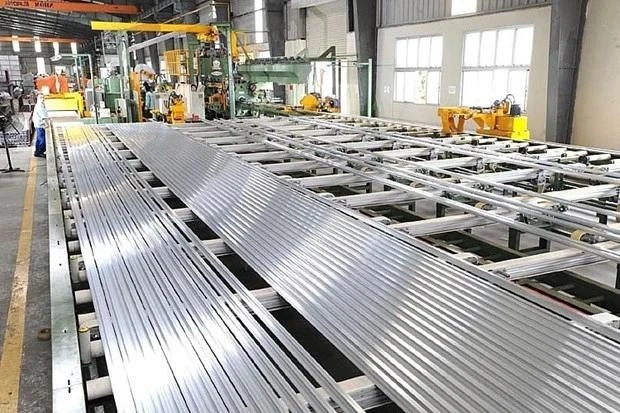
Hanoi (VNA) - The fact that the United States does not recognise Vietnam as a market economy could impact the results of anti-dumping and countervailing duty investigations against the Southeast Asian nation, said representative of the Trade Remedies Authority of Vietnam under the Ministry of Industry and Trade (MoIT).
According to data from the World Trade Organisation (WTO), the United States is currently the leading country in conducting trade remedy investigations and applying trade defence measures, particularly on exports from Vietnam.
To date, the US has conducted 64 investigations, accounting for 25% of the 253 cases initiated by various countries against Vietnam. These include 28 anti-dumping cases, 11 countervailing duty cases, 22 anti-circumvention cases, and 3 safeguard cases.
In anti-dumping cases, due to the non-recognition of Vietnam as a market economy, the US uses costs from a third country (surrogate country) to standardise product value. This can result in higher anti-dumping duties that do not accurately reflect Vietnam’s production and export.
The list of surrogate countries for Vietnam, as updated by the US, is based on two criteria. The first is a comparable level of economic development, while the second is the presence of a significant number of producers of similar products to those under investigation. If multiple countries meet both criteria, the US may select the country with the most available and reliable data. The latest list, updated in August 2023, includes six countries, namely Indonesia, Jordan, Egypt, the Philippines, Morocco, and Sri Lanka.
Under the US new trade remedy investigation rules effective from April 24, 2024, the Department of Commerce (DOC) will exclude countries with widespread export subsidies, those subjected to anti-dumping duties related to surrogate values, or those failing to effectively enforce issues related to intellectual property rights, human rights, labour, and environmental standards. If no suitable surrogate value is available from a country with a comparable level of economic development, the DOC may use surrogate values from a country with a different level of economic development.
Additionally, if no surrogate country is found to be a significant producer of comparable goods to those under investigation, the DOC may use surrogate values from another country that is not a significant producer, which could lead to higher duty rates.
According to US regulations, parties concerned have the right to submit comments on the selection of surrogate countries and values within 30 days before the DOC issues its preliminary determination. Parties may also propose surrogate countries not included in the list for the DOC’s consideration.
This provides an opportunity for Vietnamese enterprises to propose a country and data sources that align with their production costs. In fact, many Vietnamese exporters of tra and basa fish (pangasius), warm-water shrimp, and tires have utilised this right to select appropriate surrogate countries, thereby benefiting from a 0% anti-dumping duty rate.

In countervailing duty investigations, the US also uses the benchmarks from surrogate countries to calculate the subsidy margin, which could lead to inflated countervailing duties. For example, the US may use the interest rates or land rental rates from another country as a benchmark to compare with those of Vietnamese enterprises, which can result in an elevated subsidy margin.
Therefore, to get the best decision, Vietnamese export businesses under investigation should proactively develop proposals for surrogate countries (included or excluded on the DOC list) and appropriate data sources for each cost item as soon as the investigation is announced.
Enterprises can proactively consult information from businesses or associations in the industry, or international associations related to the investigated products.
They are advised to glean information from associations and businesses with low duties and identify surrogate countries and public data sources in accordance with DOC criteria. They need to build an argument, propose surrogate countries and values, and provide full cooperation with the US investigation agency./.
